Can technology alone fix a broken system? Not really. Despite advancements in HealthTech, EMR, and Digital Health, one challenge remains constant—managing the healthcare workforce. Hospitals are going digital, but human resources are burning out. That’s where HR must step in.
The Silent Strain in Clinical Operations
Doctors are rushed. Nurses are overbooked. Support staff rarely get noticed. Even with Hospital Information Systems (HIS) and Healthcare IT, the system isn’t flowing as smoothly as promised.
Why?
Because people are still the core. And people are tired.
● Schedules lack flexibility
● Burnout is rising
● Talent is leaving faster than it’s coming
While Telemedicine and Remote Patient Monitoring reduce some patient load, they can’t fix the internal cracks. Patient Experience is being compromised—because the people delivering care are exhausted.
Where HR Can Actually Intervene
HR in hospitals has long been transactional. Recruit, onboard, payroll. But that model won’t work anymore. It’s time to rethink.
1. Smarter Workforce Planning
HR must map staffing needs against peak times. This can’t be guesswork. Data from EMR and HIS can show real-time load. Staffing should be adjusted accordingly.
2. Learning Isn’t Optional Anymore
Medical tools evolve fast. So must staff skills. HR must ensure continuous learning—especially in Healthcare IT and Digital Health platforms. Workshops. Micro-courses. Even simple job aids.
3. Mental Health Support
The emotional toll in hospitals is high. HR should not wait for a crisis to offer help. Regular
mental wellness check-ins. Confidential support lines. Burnout prevention policies.
4. Performance Without Micromanagement
Too many checklists. Too little trust. HR should design evaluation systems that balance structure
with freedom. Autonomy boosts morale.
The Tech Is Not Enough
Electronic Medical Records have reduced paperwork. But they’ve added screen time.
Telemedicine has made care more accessible. But it’s blurred work-life boundaries for clinicians.
Health Information Technology must serve people—not replace their judgment or overburden
them.
What works?
● Tools that save time
● Dashboards that highlight needs, not just numbers
● Alerts that support, not nag
HR must be part of digital transformation—not just sit and watch from a corner office.
A New Role for HR in Hospitals
This isn’t about adding perks. This is about making healthcare a sustainable career.
If clinical operations are the brain, and HealthTech is the spine—HR is the pulse.
It keeps the flow going. It senses what others miss.
Because machines can monitor vitals. But only HR can monitor the people who use them.
.jpeg)
 Healthcare runs on people. But those people—doctors, nurses, technicians—are stretched thin.
In the middle of it all, hospital management is facing a crisis of workforce planning. HR might
just be the missing link.
Healthcare runs on people. But those people—doctors, nurses, technicians—are stretched thin.
In the middle of it all, hospital management is facing a crisis of workforce planning. HR might
just be the missing link.








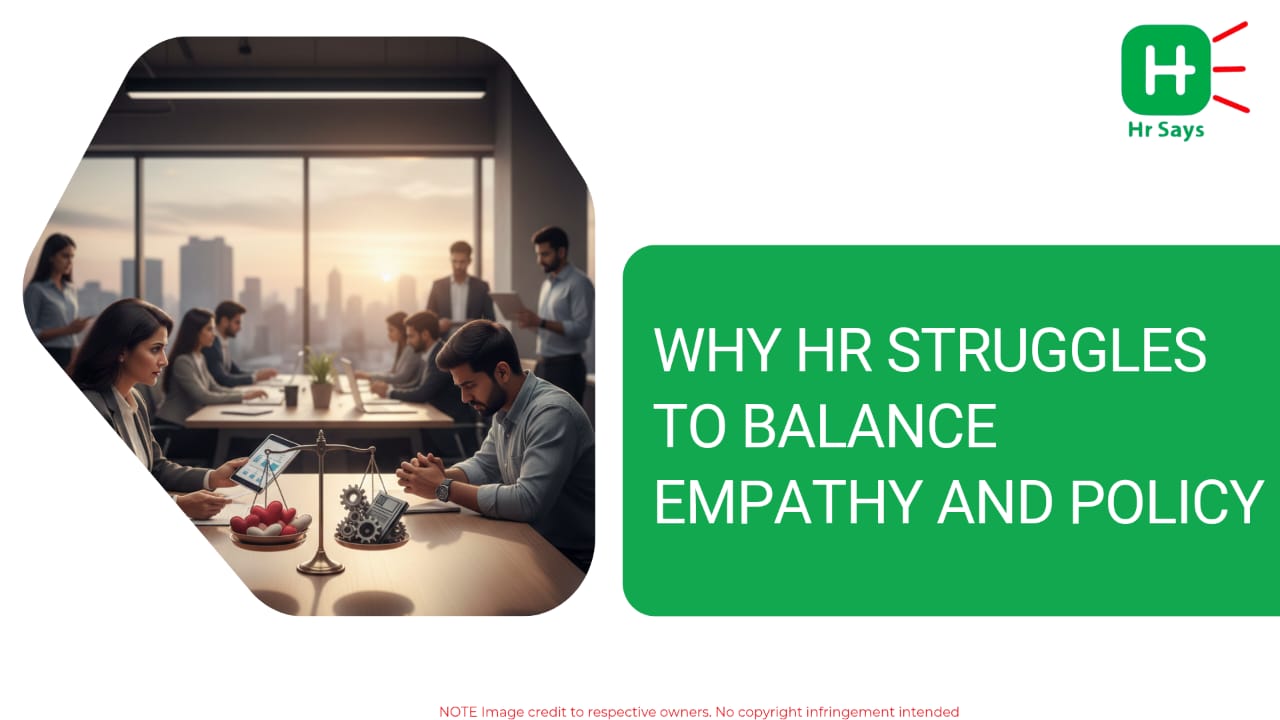
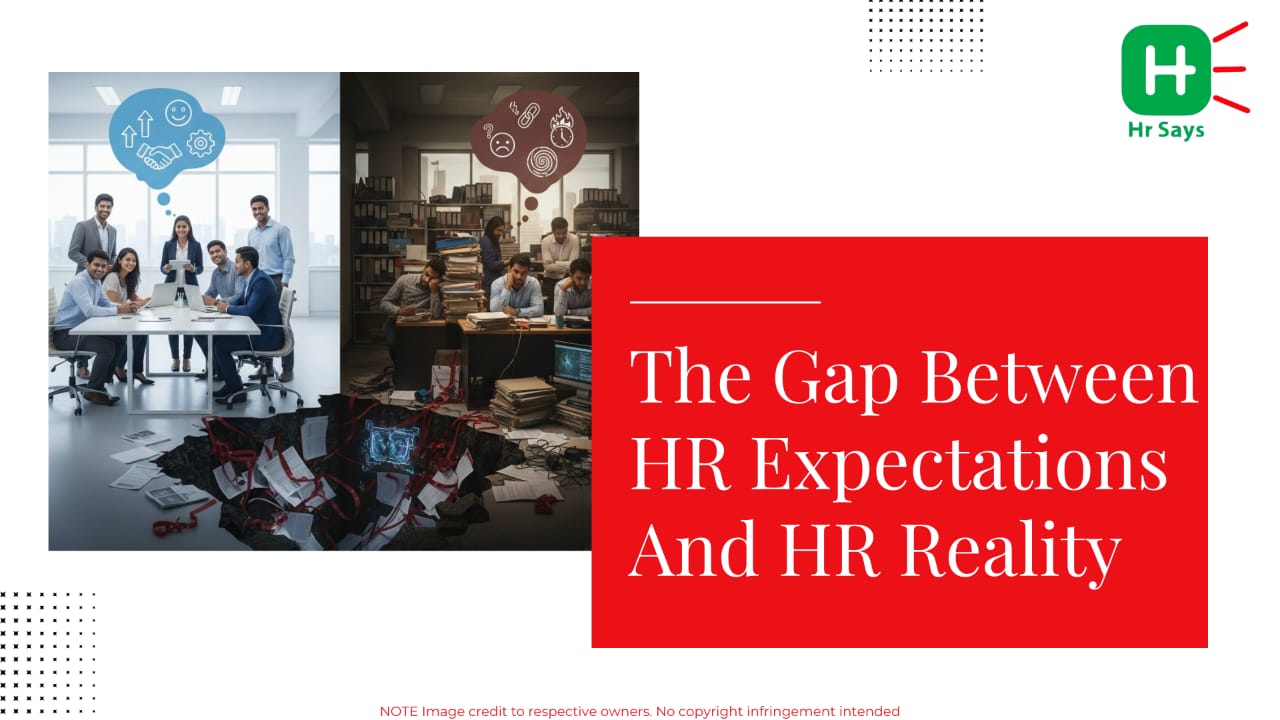
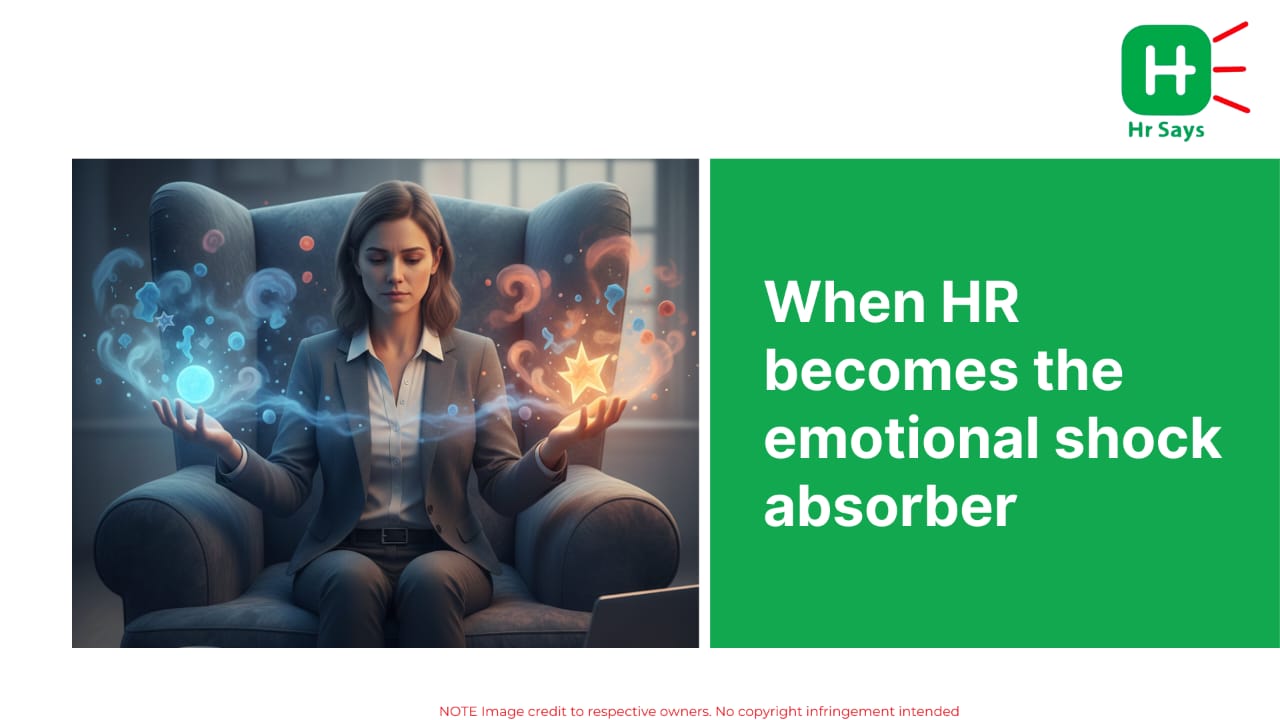
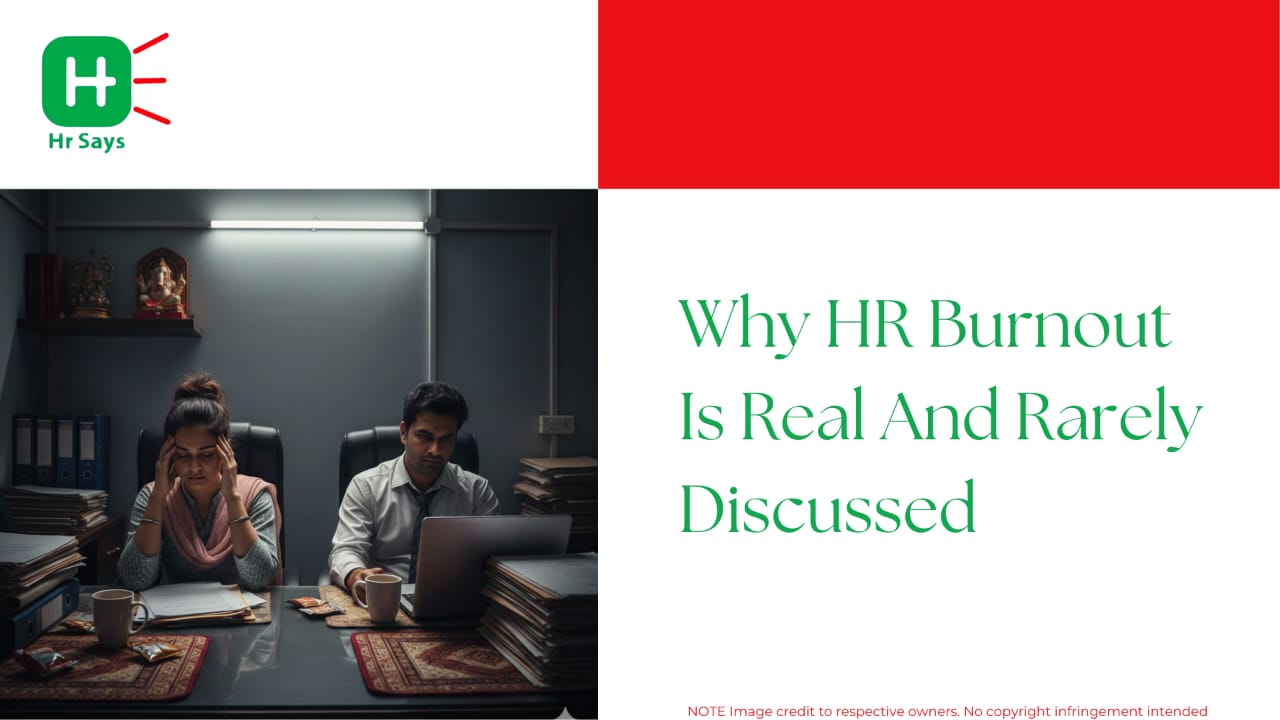
.jpeg)
.jpeg)
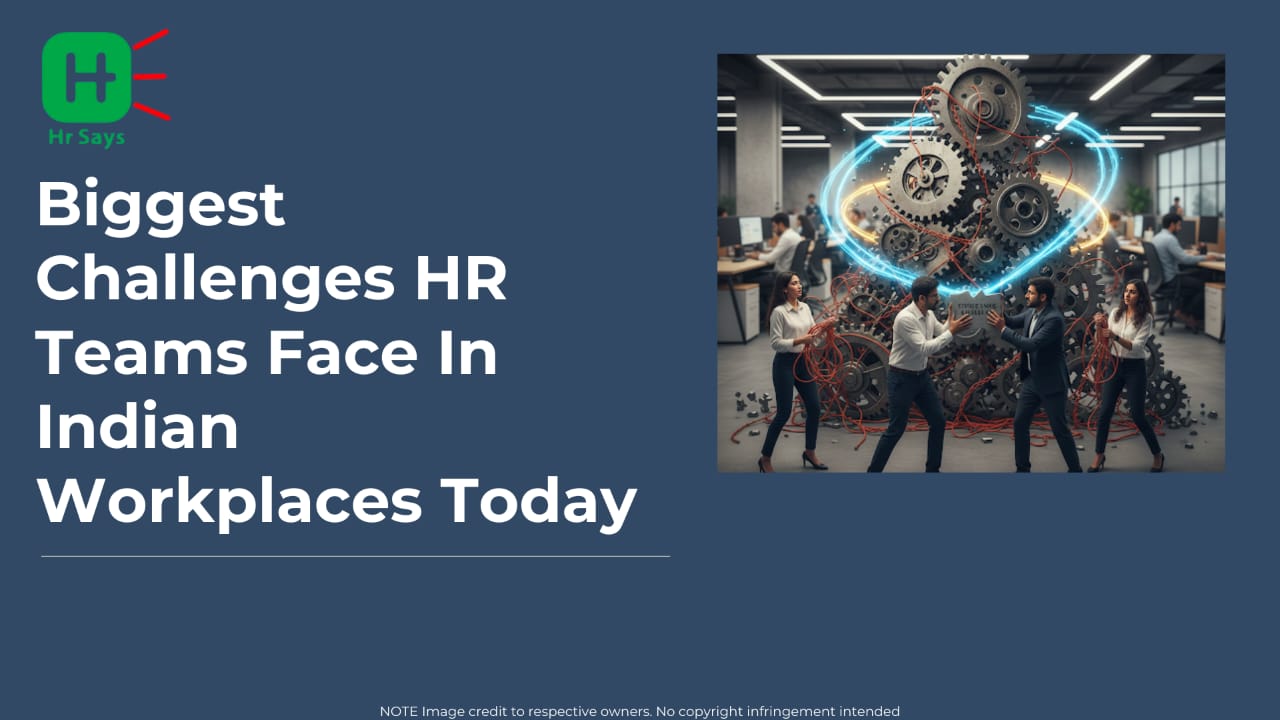
.jpeg)
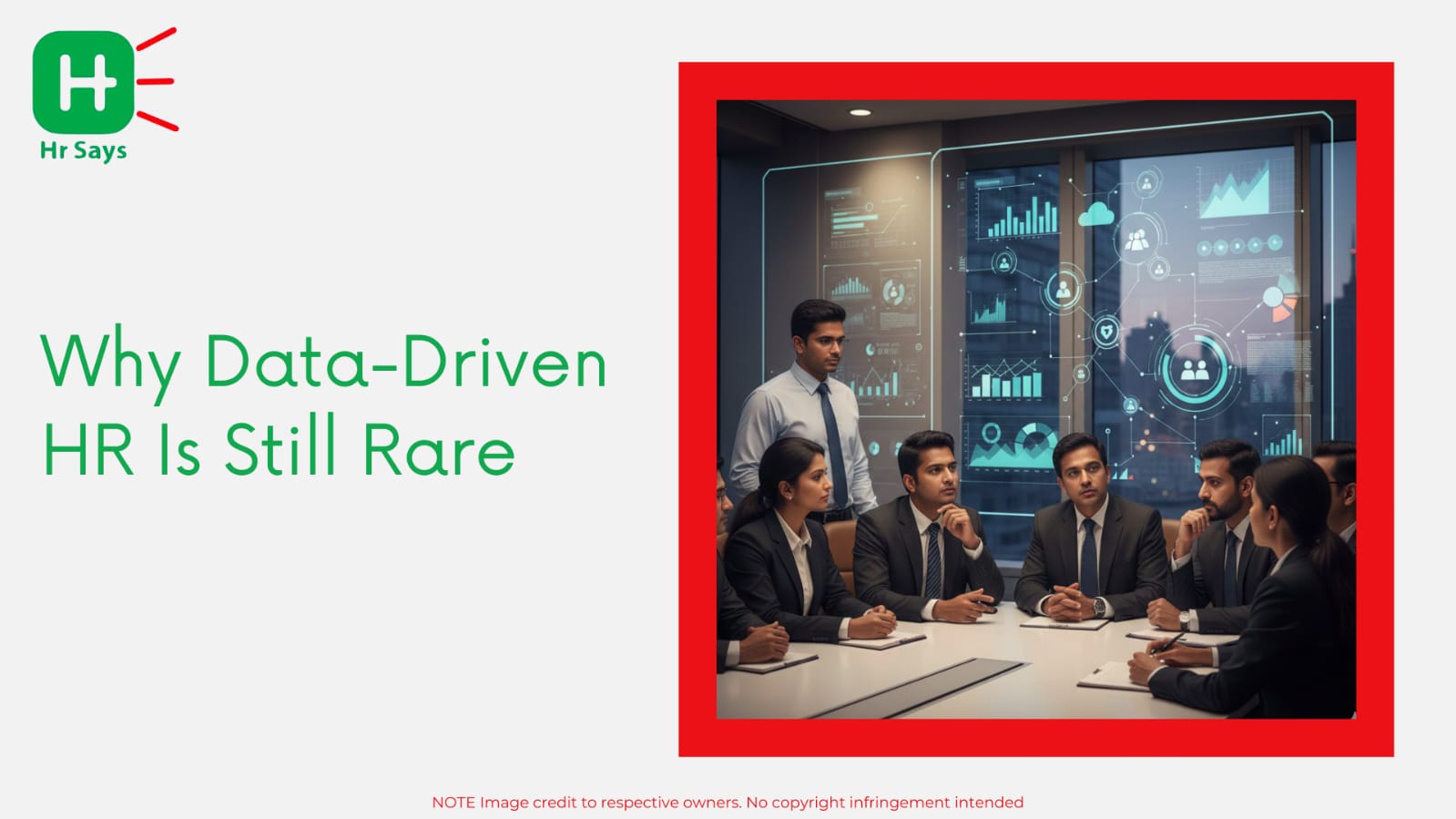
.jpeg)

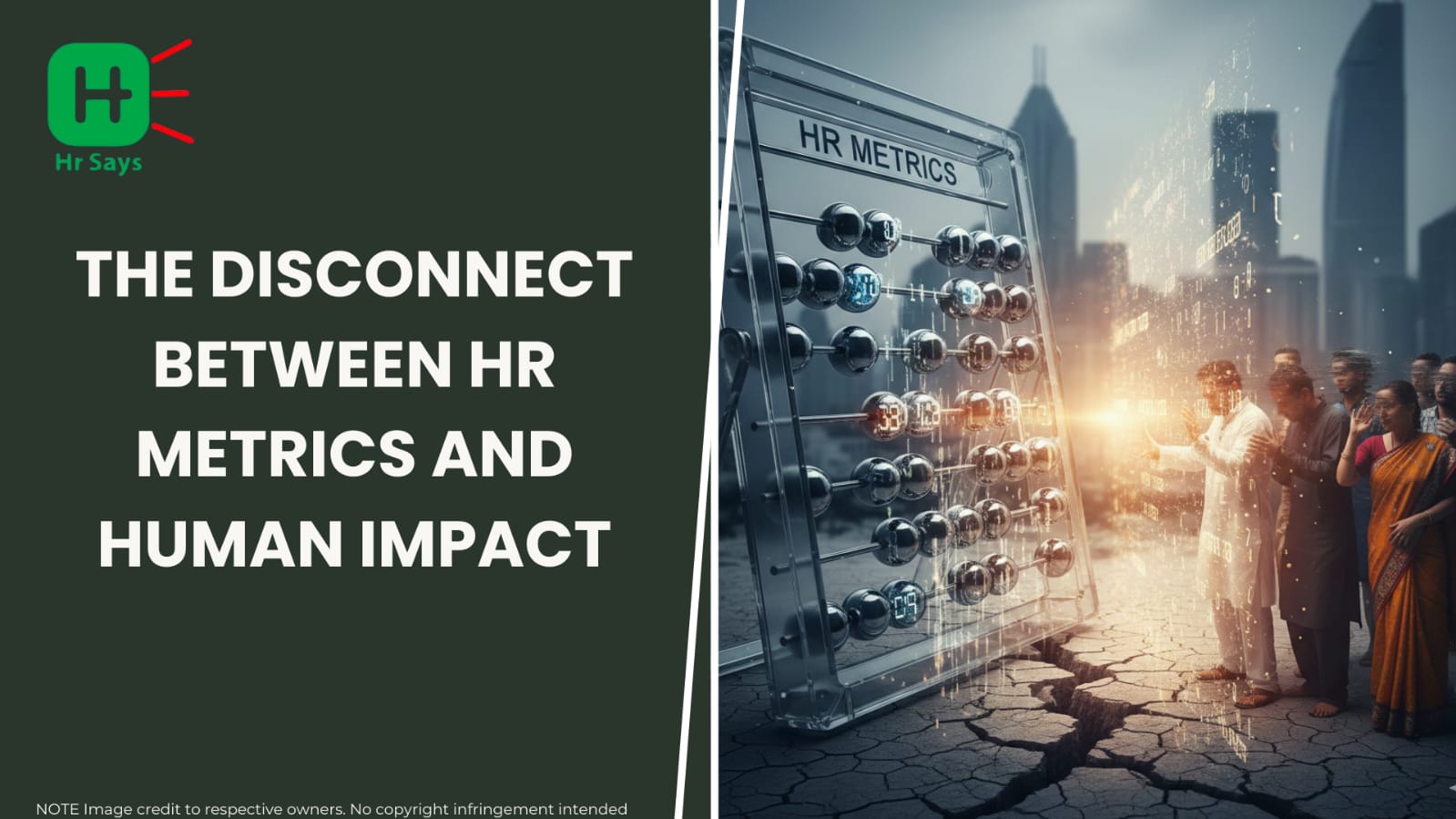
.jpeg)
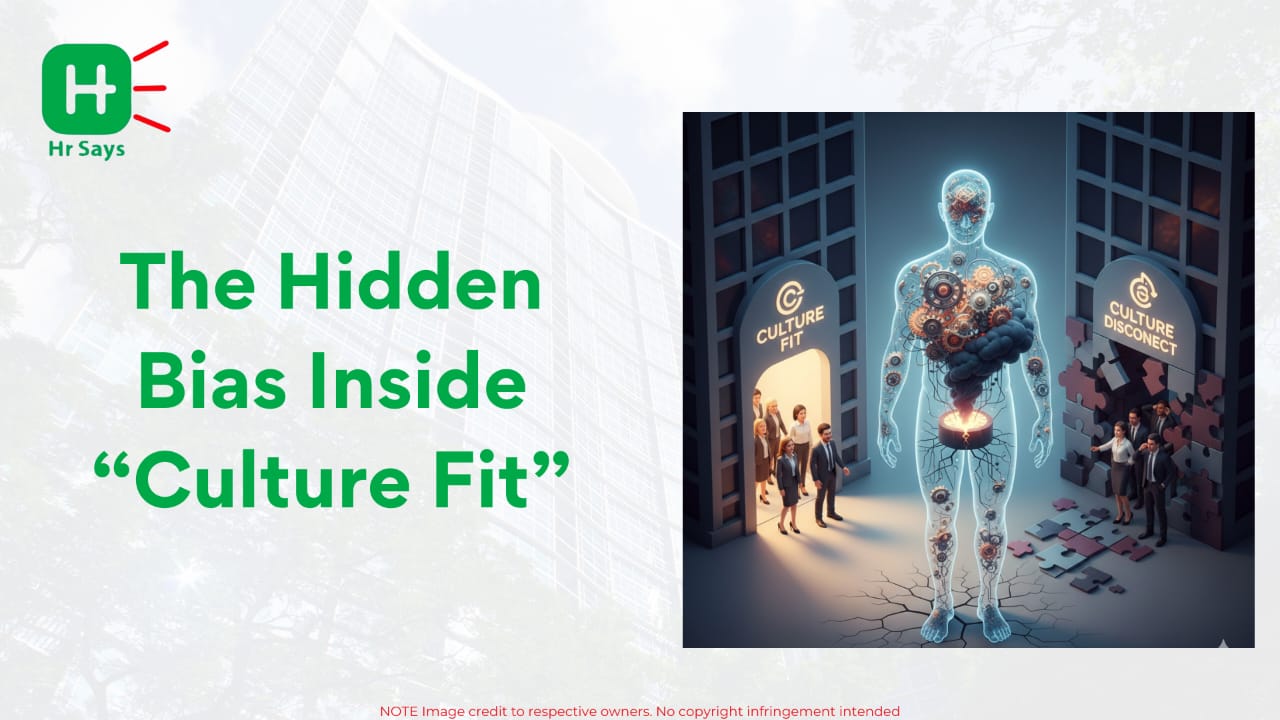
.jpeg)

.jpeg)


